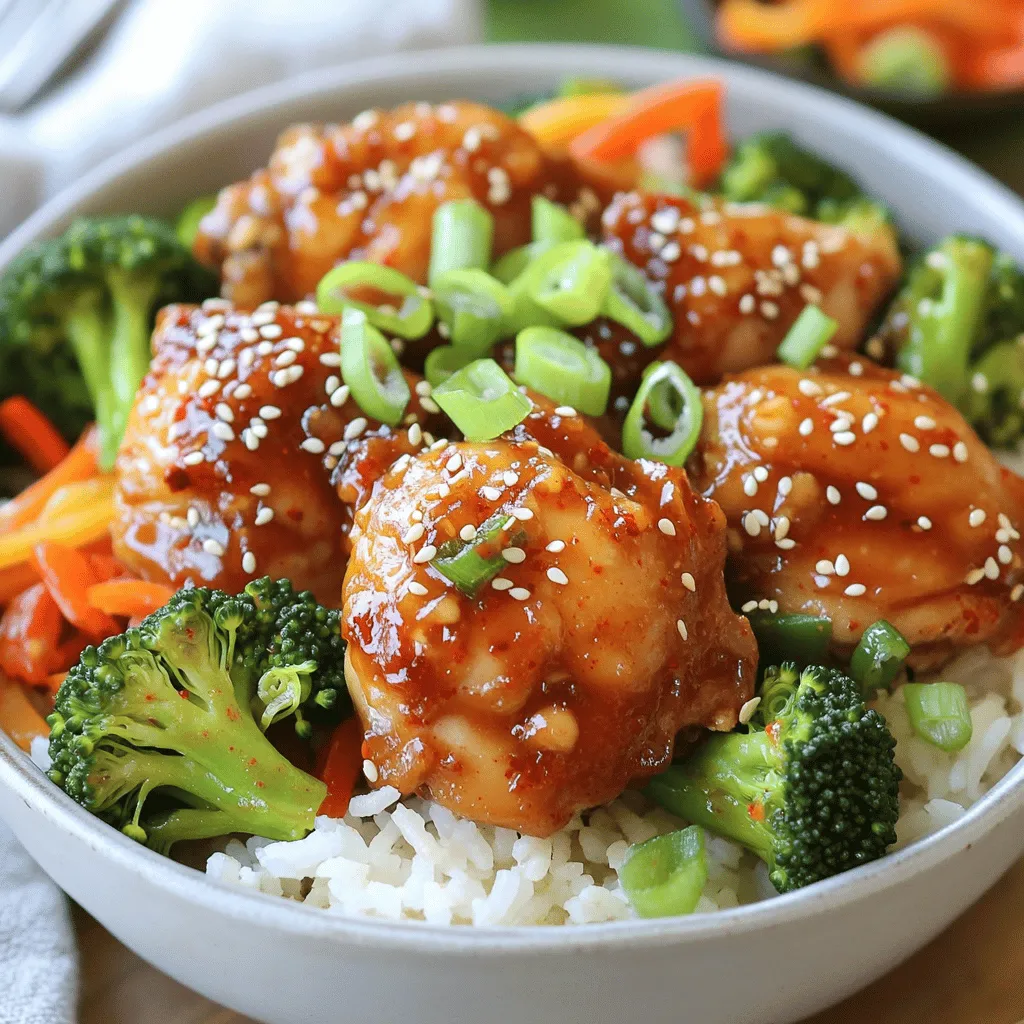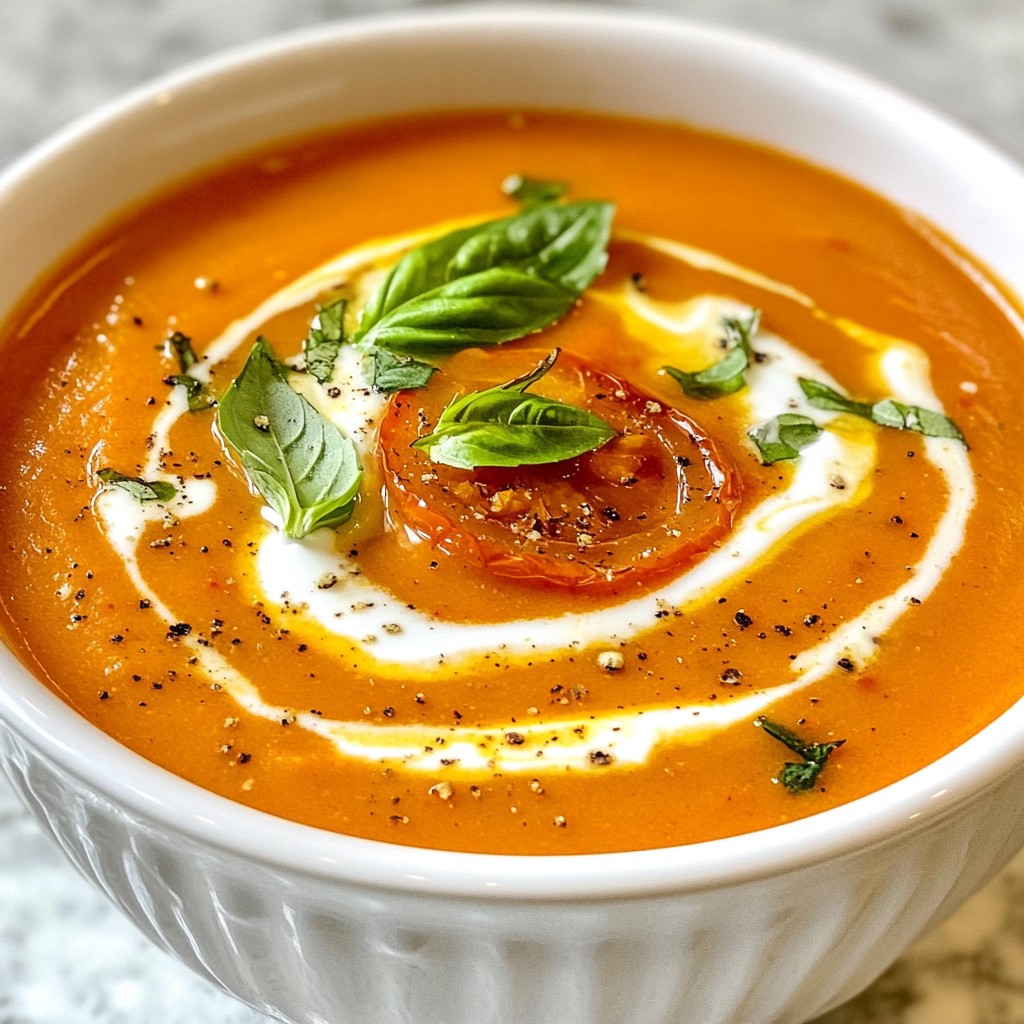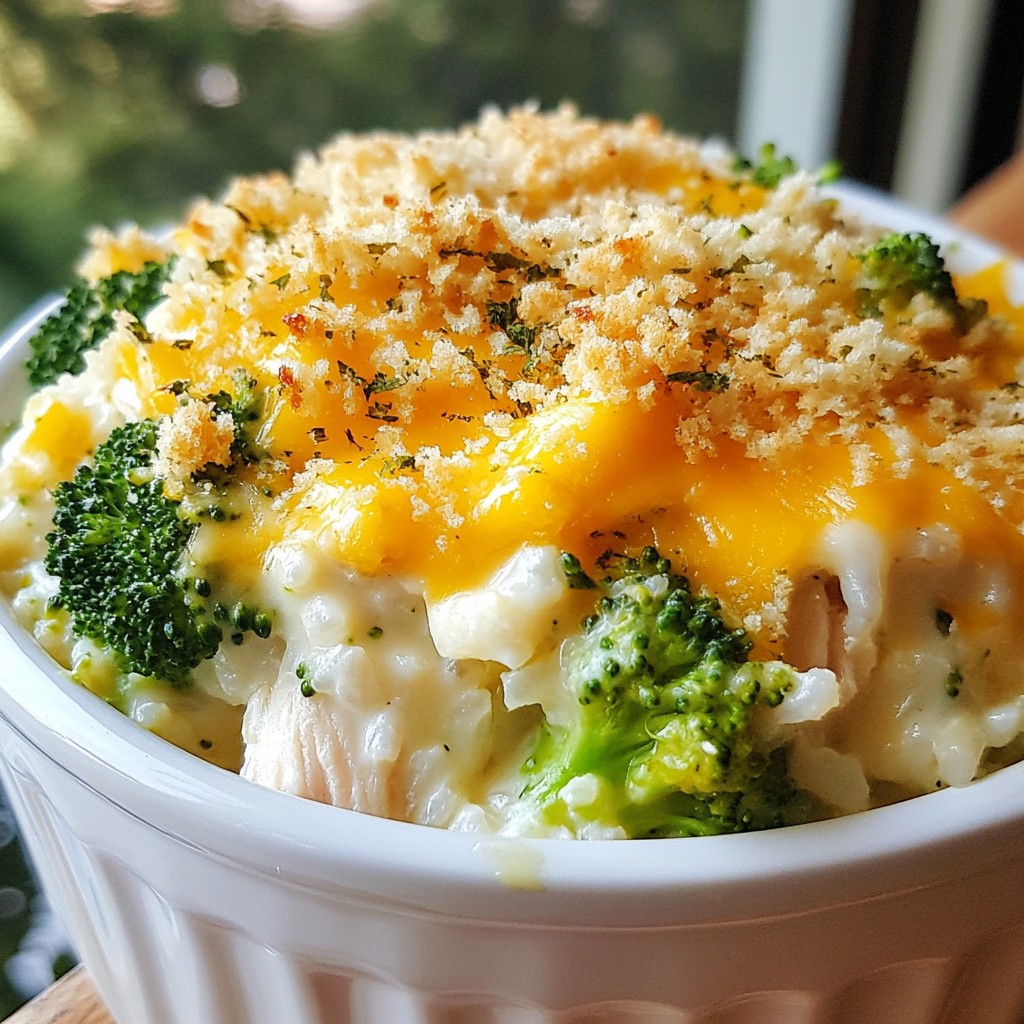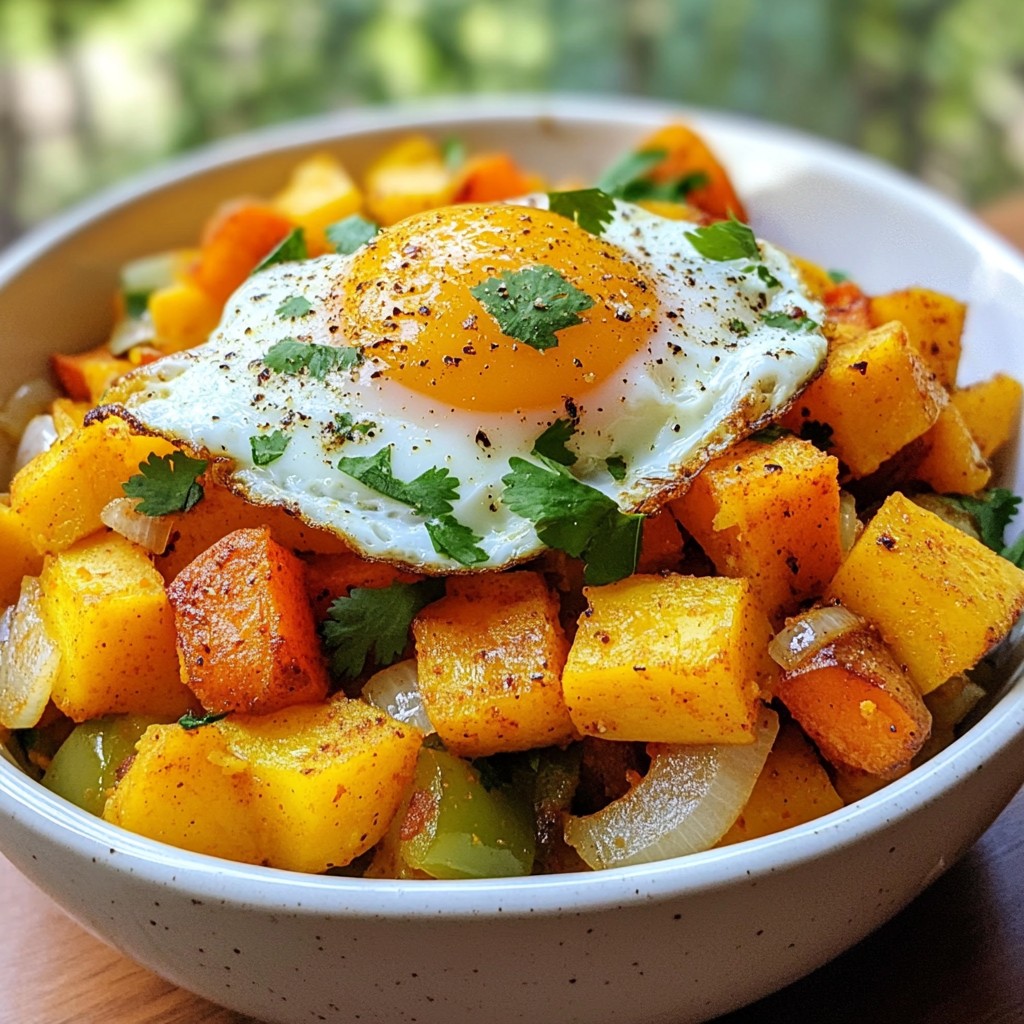Are you ready to spice up your dinner routine? My Spicy Korean Chicken Bowls are both flavorful and easy to make, perfect for food lovers of all skill levels. With just a handful of simple ingredients like chicken and gochujang, you can create a mouthwatering meal in no time. Follow along as I guide you through each step, from marinating the chicken to garnishing your bowls. Let’s dive in!
Ingredients
Essential Ingredients
– 1 lb boneless, skinless chicken thighs, cut into bite-sized pieces
– 2 tablespoons sesame oil
– 3 tablespoons gochujang (Korean chili paste)
– 1 tablespoon soy sauce
– 2 teaspoons honey
– 3 garlic cloves, minced
– 1-inch piece of ginger, grated
– 1 cup jasmine rice
– 2 cups chicken broth
– 1 cup broccoli florets
– 1 carrot, julienned
– 1 red bell pepper, sliced
– 2 green onions, thinly sliced
– Sesame seeds, for garnish
– Salt and pepper to taste
The chicken is the star of this dish. I prefer thighs for their rich flavor and tenderness. Gochujang adds a spicy kick that defines the recipe. The sesame oil gives a nutty aroma that is hard to resist. Fresh garlic and ginger boost the flavor further. Jasmine rice makes a perfect base for these bold tastes. The mix of colorful vegetables adds both nutrition and crunch.
Optional Ingredients
– Tofu or tempeh for a vegetarian option
– Shrimp or beef for alternative proteins
– Sliced avocado for creaminess
– Kimchi for extra zing
– Fried egg for a rich topping
These optional ingredients let you customize your bowl. If you want a vegetarian dish, try tofu or tempeh. If you love seafood, shrimp can be a great choice. Adding avocado can bring a creamy texture. Kimchi gives a nice sour touch. A fried egg on top can add richness and flavor.
Tools Needed
– Large mixing bowl
– Measuring spoons and cups
– Sharp knife and cutting board
– Large skillet or wok
– Medium-sized pot for rice
– Wooden spoon or spatula
Having the right tools makes cooking easier. A mixing bowl helps you marinate the chicken well. A good knife cuts the veggies perfectly. A skillet or wok allows for even cooking. The medium pot is essential for fluffy rice. A spatula helps you stir without damaging your pans.
Step-by-Step Instructions
Marinating the Chicken
To start, you need a tasty marinade. In a bowl, mix gochujang, soy sauce, honey, sesame oil, minced garlic, and grated ginger. This combo gives the chicken a spicy kick. Cut your chicken thighs into bite-sized pieces. Toss them in the marinade and season with salt and pepper. Make sure each piece is well-coated. Let the chicken marinate for at least 30 minutes. This step adds depth to your dish.
Cooking the Rice
Next, rinse your jasmine rice. Do this under cold water until the water runs clear. This helps remove excess starch. In a medium pot, add the rinsed rice and chicken broth. Bring it to a boil, then lower the heat. Cover and let it simmer for about 15 minutes. For fluffy rice, avoid lifting the lid. After cooking, let it sit covered for another 5 minutes. Fluff it with a fork before serving.
Sautéing the Vegetables
While the rice cooks, sauté your veggies. Heat a drizzle of sesame oil in a large skillet over medium-high heat. Add broccoli, julienned carrot, and sliced red bell pepper. Stir-fry them for about 5-7 minutes. You want them tender but still crisp. This keeps the texture nice and bright.
Cooking the Chicken
Now, it’s time to cook the marinated chicken. Heat a separate skillet to medium-high. Add the chicken pieces and stir-fry for about 7-10 minutes. Cook until the chicken is fully done and caramelized. Stir occasionally to avoid burning. The caramelization adds flavor and makes your dish appealing.
Assembling the Bowls
It’s time to put everything together. First, fluff the jasmine rice with a fork. Divide it into serving bowls. Top the rice with the sautéed vegetables and spicy chicken. Layering makes your bowl look more inviting. You can also use different colors to enhance the look.
Garnishing
Finally, let’s add some garnishes. Thinly slice green onions and sprinkle them on top. Add sesame seeds for an extra crunch. Garnishing not only makes your dish pretty but also adds flavor. A well-presented bowl is more enjoyable to eat. Enjoy crafting your Spicy Korean Chicken Bowls!
Tips & Tricks
Enhancing Flavor
Using fresh ingredients makes a big difference. Fresh chicken, crisp veggies, and spices unlock the best taste. I always choose bright, colorful produce. It adds flavor and looks good in the bowl.
Adding spices and herbs can boost your dish. Besides gochujang, try garlic or ginger. They bring depth to the flavors. A pinch of sesame seeds adds a nice crunch too.
Cooking Techniques
Proper pan heat is key for great results. Always preheat your pan before cooking. This helps the chicken sear nicely and keeps it juicy. A hot pan also cooks vegetables quickly, keeping them crisp.
Cooking in batches can improve texture. If your pan is too crowded, it steams the food instead of browning it. Cook the chicken and veggies separately. This way, each ingredient gets the right attention.
Time-Saving Strategies
Prepping ingredients in advance saves time. Cut your chicken and veggies before you start cooking. You can even marinate the chicken a day ahead. This way, you’re ready to go when it’s time to cook.
Utilizing leftovers is a smart strategy too. If you have extra chicken or rice, use them for lunches. Mix them with new sauces or veggies. This keeps meals fun and fresh without extra effort.
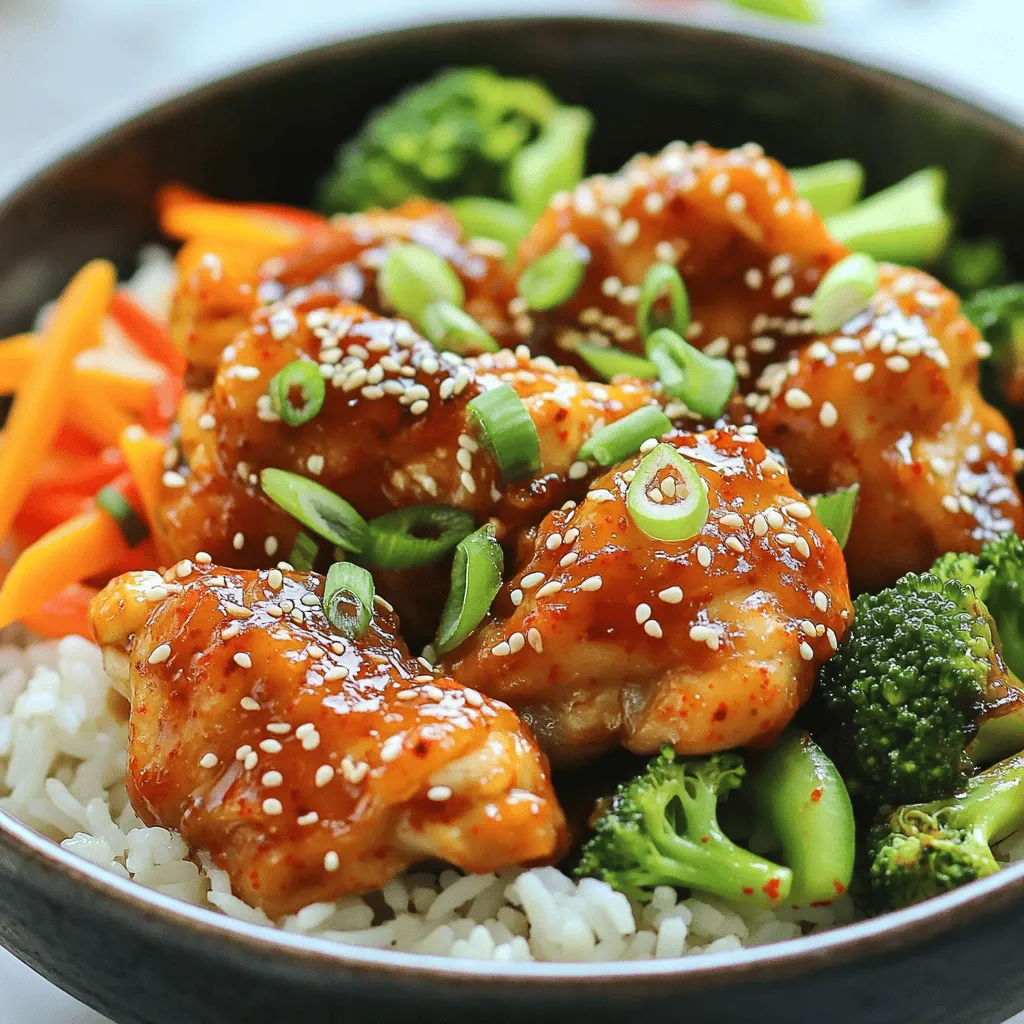
Variations
Protein Alternatives
You can change the chicken in this recipe. Tofu or tempeh works well for a vegetarian option. Both absorb flavors nicely. For meat lovers, try beef or shrimp. Each protein brings a new taste to your bowl.
Different Sauces
The sauce is key to flavor in Spicy Korean Chicken Bowls. You can play with different chili pastes. Some may prefer a milder or sweeter taste. Homemade sauces can also shine. Mix soy sauce with honey and garlic for a tasty twist.
Vegetable Substitutions
Seasonal vegetables can add variety. Try zucchini, snap peas, or asparagus when they are fresh. Other quick-cooking options like mushrooms or baby corn work great too. Mixing veggies keeps your meals colorful and fun.
Storage Info
Refrigerating Leftovers
Store your spicy Korean chicken bowls in airtight containers. Glass or plastic containers work well. Keep them in the fridge. You can store leftovers for up to three days for best quality.
Freezing Tips
To freeze, let the chicken and veggies cool completely. Use freezer-safe bags or containers. Remove as much air as possible. This helps prevent freezer burn. They can last up to three months. When ready to eat, thaw in the fridge overnight. Reheat on the stove or microwave until hot.
Serving Suggestions
These bowls pair great with a fresh side salad or steamed dumplings. For meal prep, you can keep each component separate. This way, everything stays fresh longer. When ready to eat, just assemble the bowls again. Enjoy your delicious meal!
FAQs
How can I make Spicy Korean Chicken Bowls less spicy?
To lower the heat, you can adjust the gochujang. Use less of it in your marinade. You can also add other flavors to balance the spice. A bit more honey can sweeten the dish. Adding more vegetables can also help tone down the heat.
Can I use frozen vegetables for this recipe?
Yes, you can use frozen vegetables. They are easy and save time. However, fresh veggies often taste better. Frozen veggies can lose some crunch when cooked. If you choose frozen, stir-fry them for a shorter time. This keeps them crisp.
What type of rice is best for Korean bowls?
Jasmine rice is a great choice for these bowls. It has a nice fragrance and texture. You can also use short-grain rice for a stickier option. Brown rice is a healthy alternative, but it takes longer to cook. Quinoa is another option if you want something different.
Can this recipe be made gluten-free?
Yes, you can make this dish gluten-free. Use gluten-free soy sauce instead of regular soy sauce. Make sure the gochujang you use is gluten-free, too. Most brands offer gluten-free options now. Check the label to be sure.
How do I know if the chicken is fully cooked?
The chicken should reach an internal temperature of 165°F. Use a meat thermometer to check. The meat should not be pink inside. The juices should run clear when you cut it.
What should I serve with Spicy Korean Chicken Bowls?
You can serve your bowls with pickled vegetables for an extra kick. Kimchi adds a nice touch, too. A simple salad can balance the meal. You might enjoy a side of steamed dumplings as well. These sides will make your meal even more filling.
This blog post covered the essentials for making Spicy Korean Chicken Bowls. We discussed key ingredients, preparation steps, and tools needed. I shared tips on enhancing flavors and variations to keep your meals exciting. Proper storage methods were also highlighted to keep your food fresh.
In conclusion, cooking should be fun and satisfying. Enjoy experimenting with flavors and ingredients. This dish offers many ways to make it your own. Happy cooking!
